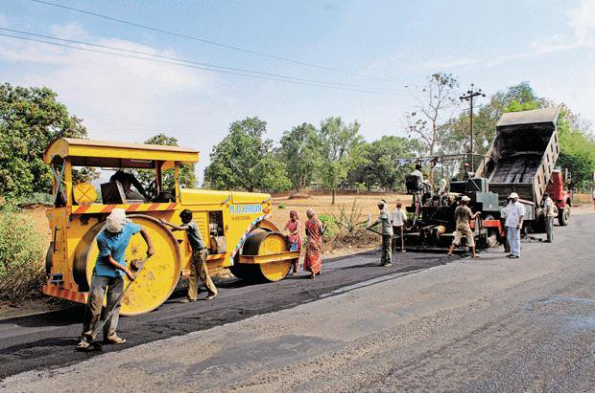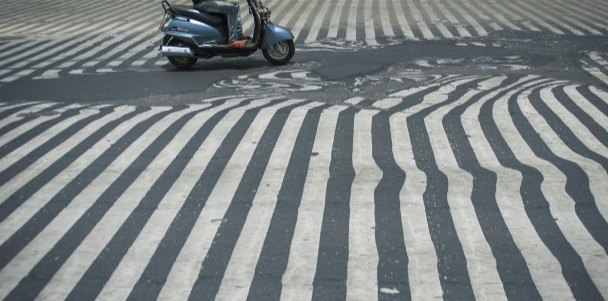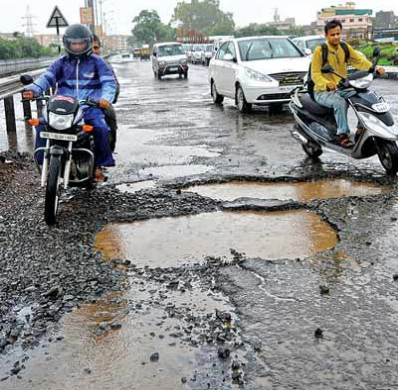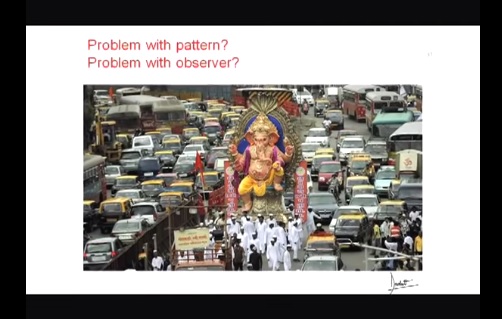What Are Exoplanets And How NASA Detects Life Beyond Our Solar System
Bharti Airtel Set To Acquire Telenor India Within This Year
Google Celebrates NASA’s Discovery Of Seven Earth-Like Planets With An Animated Doodle
Some Home Remedies That Might Sound Bizarre But Actually Work Like A Charm
Akshay Kumar Feels He Has Made Enough Money, Now Wants To Focus On Content & Characters
Delhi ATM Dispenses Fake Rs 2000 Notes From ‘Childrens Bank of India’ With ‘Churan Lable’
Adolf Hitler’s Personal Telephone During World War II Is Up For Auction In The US
From Salman Khan To Rekha, Neil Nitin Mukesh’s Wedding Reception Was Quite A Starry Affair
If You Thought Heat Is Solely Responsible For Melting Of Roads You are Wrong
On Sunday, there was a report which revealed how roads in Silvassa melted due to the sweltering heat. Though this phenomenon is unusual and rare, it isn't the first time something like this is happening. There have been various instances in India as well as abroad, where roads have given in to the scorching heat. Let's get one thing straight, roads constructed with asphalt that see a reasonable amount of traffic every day will soften at 50 degrees Celsius and above, reports BBC. The report also states that roads absorb a lot of heat and do not necessarily reflect the heat in the air. For example, during summer time, if the air temperature is 21 degrees Celsius, the road temperature could well be 49 degrees Celsius. But is the heat solely responsible for melting of the roads? Not always. If it was the case, then roads across India which is witnessing a deadly heat wave would've melted. Just to jog your memory, many states in India, especially in north are witnessing temperatures which constantly hover over 45 C during daytime. Mercury level has even crossed 50 C in Rajasthan.
So, did roads in these affected states melt? No.
Why only Silvassa then? And the fun part here is that the average temperature of Silvassa recorded in the last week was 35 C.
Well, if you hadn't guessed it till now, corruption resulting in poor quality of roads play a major part. No shit Sherlock!
And anyone who has grown up in India, regardless of rural or urban upbringing will bear witness to the shoddy state of roads.
Remember every year, during the monsoon, when you have to wade through potholes so big that they appear like mini-craters? It's again due to the pathetically poor quality of material used in construction of the roads.

Besides, for the binding of city and village roads constructed in asphalt, contractors in India generally use coal tar (dambar in hindi) instead of bitumen. Coal tar though cheaper, is more susceptible to temperature changes. Bitumen is generally used in India for highways.
Concrete roads are the way forward.
The common criticism is the high initial cost of laying concrete roads. However, the cost of maintenance is much lower than asphalt resulting in long-term money saving.
Nitin Gadkari, Minister of Road Transport and Highways of India had stated in May 2015 that "shifting to concrete roads will save crores of rupees".
So...What are we waiting for?






